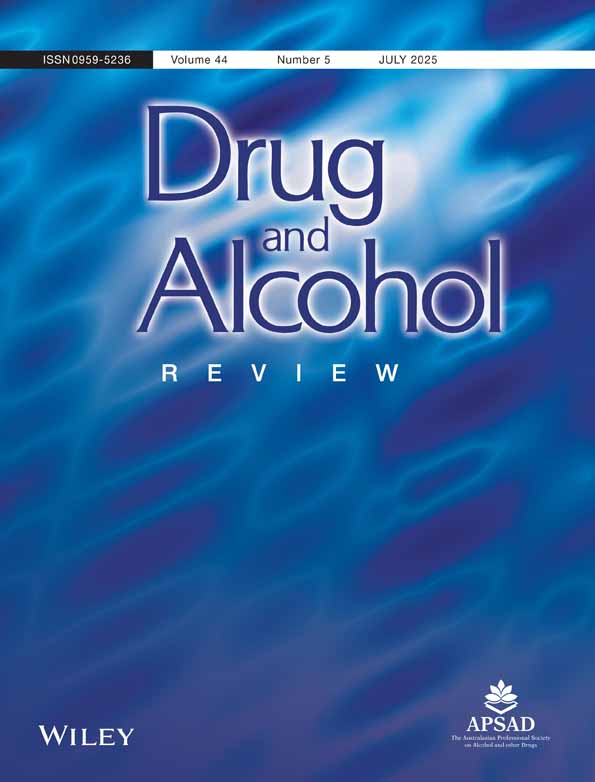Parental Alcohol Problems and Lack of Adult Support During Childhood—Consequences for Subjective and Objective Social Connection in Adulthood
Funding: The authors received no specific funding for this work.
ABSTRACT
Introduction
Parental alcohol problems may cause immediate and long-term harm in children. This study investigated the relationship between parental alcohol problems and adult social connection, and whether the absence of adult support during childhood compounded these relationships.
Methods
We used cross-sectional data from 23,714 adults (> 18 years) who participated in the 2019 Norwegian Counties Public Health Survey. Parental alcohol problems were assessed using CAST-6. Social connection was measured using objective (participation in social activities) and subjective indicators (missing someone to be with, feeling excluded, isolated or lack of support). Multivariable logistic regression analysis was used to analyse associations between parental alcohol problems (with or without adult support) and adult social connection, adjusted for sex, age and socioeconomic status.
Results
Individuals reporting parental alcohol problems had higher odds of poor social connection across all indicators compared to those without these experiences (odds ratios [OR] and 95% confidence intervals [CI] ranged from OR 1.14; CI 1.01–1.29 to OR 1.49; CI 1.26–1.76). These associations were notably stronger for those who also lacked adult support during childhood, particularly in subjective indicators of social connection, with OR ranging from 1.50; CI 1.36–1.67 to OR 4.02; CI 3.49–4.64.
Discussion and Conclusions
Findings revealed associations between parental alcohol problems and lack of social connection in adulthood. The negative impact was amplified when adult support during childhood was lacking, particularly affecting the subjective measures of social connection. These findings highlight the long-term consequences of parental alcohol problems and underscore the potential protective role of adult support.
Conflicts of Interest
The authors declare no conflicts of interest.
Open Research
Data Availability Statement
The Data were obtained with permission from the Norwegian Institute of Public Health. The dataset can be accessed from the Helsedata repository (https://helsedata.no/en/) upon request.




